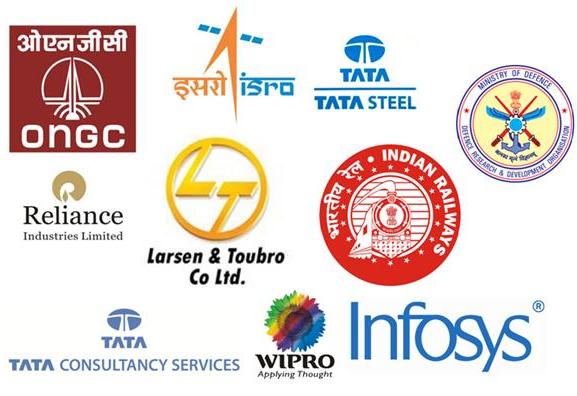Industrial engineering sector encompasses optimization of complex processes (wherein a process is a manufacturing line where each step is an operation that creates a product) – their development, improvement, implementation and evaluation. Being an interdisciplinary field, industrial engineering is said to overlap with management fields like operations management, ergonomics along with manufacturing engineering and safety engineering.
Job Responsibilities of an Industrial Engineer:
Industrial engineers focus on process improvement – they are often responsible for designing and implementing improved and more productive systems, understanding the feasibility studies for new technologies and applications, they also handle production and distribution, analysis of the designed product.
They may be involved in supply chain management – installation of products for controlling production, costs and resource utilization. In other words, they are responsible for efficient use of resources, timely delivery of products and overall customer satisfaction. They could also be involved in handling quality audits and product improvement. Today industrial engineers are serving as a link between people, technology and businesses across a gamut of industry sectors.
An industrial engineer working in an organisation is typically involved in:
- Project Management: The industrial engineers involved in the project management department of a company perform analysis and investigations by establishing an integrated plan for complex plans or implementations by specifying work and time deadlines and allocating resources. They are responsible for forming and guiding large teams that work towards a defined set of objectives and analysing risk analysis.
- Manufacturing, Production and Distribution: Industrial engineers are often involved in the design review process to ensure manufacturability of the product. They are also responsible for ascertaining methods for production and distribution of the products by managing resources to meet the defined deadlines.
- Supply Chain Management: Engineers in this department are responsible for managing product - supplier relationship, preparing reports and managing supplier costs. Auditing of suppliers and ensuring that the supply procedures are being followed is also a part of their job. They work with product manufacturers to ensure the overall product quality, its delivery and cost.
- Process Engineering: Industrial engineers working in this department of an organisation are responsible for defining production measures and work towards improving the performance of the processes; they also conduct root cause analysis of the existing procedures to remove loop holes, if any. They determine capacity requirements and overall investment options on the process/processes.
- Quality Measurement and Improvement: Industrial engineers often work with the design and the production teams to ensure product quality during the designing and production phases through regular quality edits. They often carry out trainings for company personnel on quality and process-related issues, using analytical tools and techniques for quality audits such as Six Sigma.
- Technology Development and Transfer: Identifying the business problems and determining whether technology or process based solutions are feasible is what an industrial engineer working in this department would do. Defining a problem and selecting technology vendors through a bidding process in order to obtain technical feasibility, conducting tests to determine operational feasibility and then finally carrying out enterprise wide implementation.
- Change Management: Engineers enable smooth functioning of change programs by ensuring that the change programs are co-ordinated and support one another. They also undertake the responsibility of providing tools and skills to the workforce to deliver the change by conducting presentations/seminars within the organisation.
- Financial Engineering: Determining the production costs using cost based methodology, developing cost budgets and forecasts is generally performed by engineers who work in this department of the organisation. They also determine actual performance vs. budget goals and analyse variance, perform cost analysis of expense expenditures on the project.
Skills required:
- Numeracy skills: Industrial engineering is an interdisciplinary field - an amalgamation of both engineering as well as business - oriented disciplines. Being on the engineering side, a lot of emphasis is given to mathematical proficiency and therefore a candidate must possess good numeracy skills for carrying out the job successfully.
- Problem solving: One of the main goals of industrial engineers is to optimize processes of an organisation and therefore they must have the ability to solve problems. There are situations where in they have a challenge to enhance the process of production using the resources at hand.
- Excellent communication skills: Most of the work involves communication and co-ordination between multiple departments as they have to manage people, machinery and resources. If an industrial engineer cannot communicate the requirements effectively, this could affect the overall business of an organisation and hence he/she must possess great articulation skills.
- Decision making skills: Industry requires industrial engineers to manage machinery and resources to meet project deadlines. Moreover large projects definitely demand more number of resources and man power, therefore, industrial engineers should have an ability to make the right decisions at the right time – managing workers and other engineers based on the availability and expertise.
 Featured Sector
Featured Sector

 Featured Sector
Featured Sector

